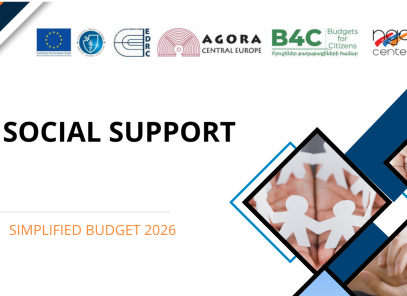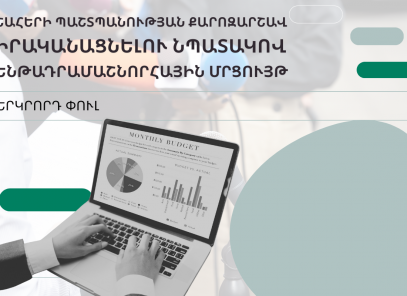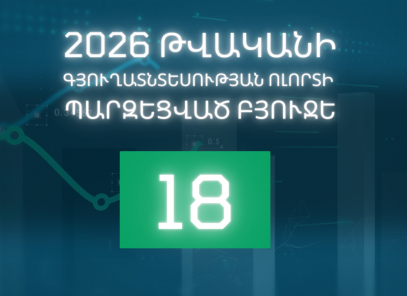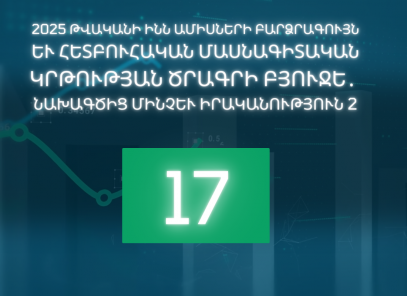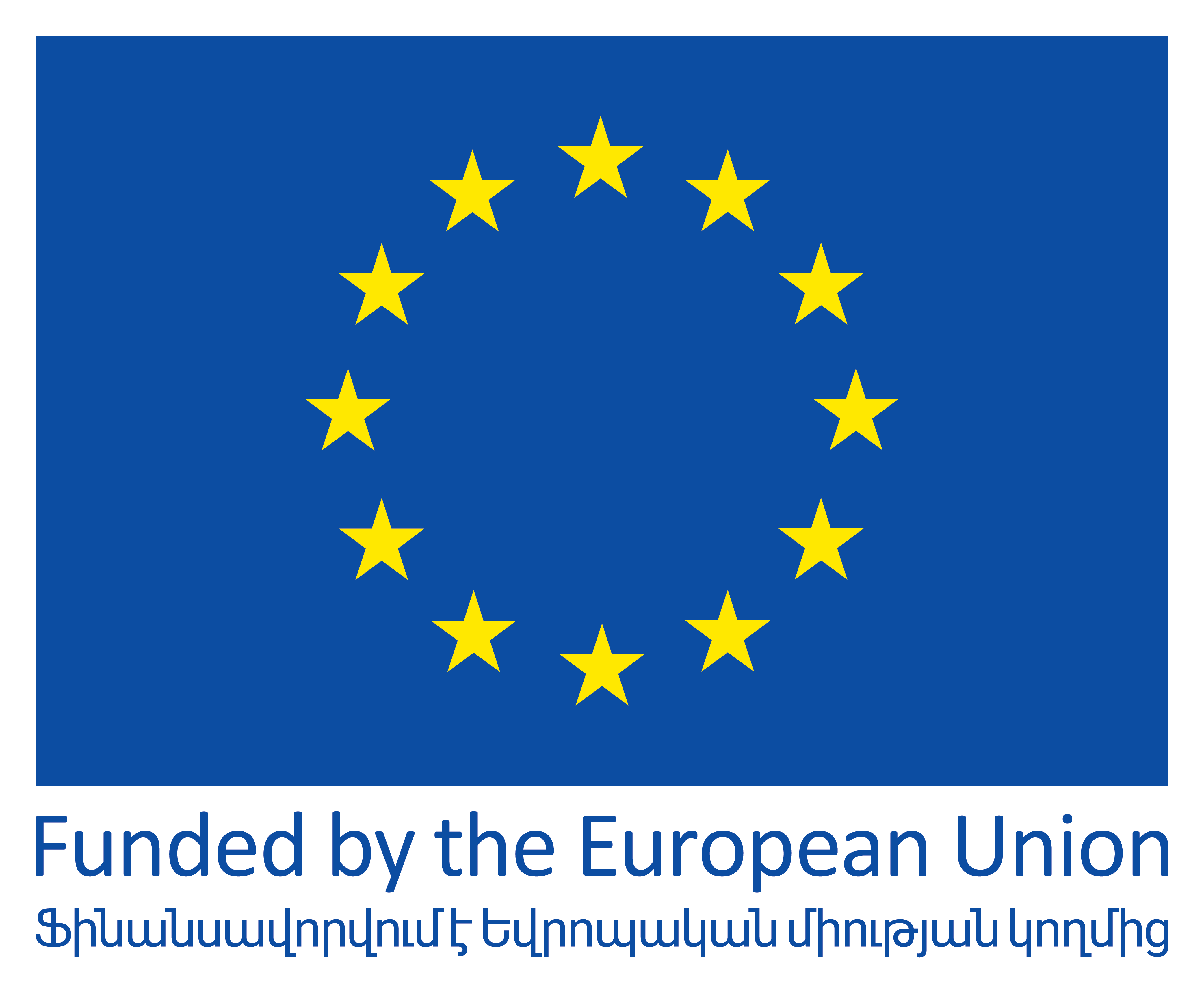“Compass” Scientific-Research, Educational and Consulting Center NGO is implementing the project “Promoting Transparency and Participatory Control in the Higher Education Sector of the RA through Monitoring and Analysis” within the framework of a sub-grant provided by the “Budgets for Citizens” programme implemented with the financial support of the European Union by the Armenian Lawyers’ Association, in cooperation with partners “Economic Development and Research Center” (EDRC) NGO and “Agora Central Europe” NGO (Czech Republic).
Project Objective
The project is aimed at increasing transparency, accountability and public participation in the sector through monitoring, analysis and development of simplified budget for state budget programs in the sector of higher education. The project aims to increase the transparency, accountability, and efficiency of budgetary processes in higher education sector by using expert potential and enhancing civil oversight.
The problem of low awareness and participation of stakeholders in budgetary processes in the higher education sector leads to inefficiency of budget expenditures in the sector, skepticism regarding decisions made, and low levels of accountability. As a result of these problems, the funding structure for higher education in Armenia often does not reflect real educational needs and strategic priorities. Funding for higher education institutions is largely dependent on student numbers, which is not conducive to the development of quality-oriented management. Budget programs and their performance indicators are often absent or presented in a formal manner, hindering effective oversight. Furthermore, public access to information and simplified presentation formats are almost absent, as a result of which the stakeholders – students, lecturers, parents and the professional community – do not have the opportunity to participate in the formation of education budgetary decisions. The overall objective of the project is to promote transparency and public participation in state budget processes in the higher education sector by conducting analysis of budget programs, monitoring, and developing simplified budgets. This goal setting will enable the target groups, first of all the students and the academic staff, to be informed about financial allocations to the sector and to participate in public discourse in policy development and implementation processes, acting as active stakeholders.
Expected results
The project aims to improve the transparency and efficiency of budgetary processes in the higher education sector through budget analysis, public monitoring and development of simplified budget. The impact of the project implementation will be tangible both in terms of policy development as well as awareness and engagement levels of beneficiary groups.
Expected results during the implementation of the project:
- The main issues of the structure, distribution and efficiency of higher education funding will be identified.
- A publicly accessible simplified budget will be published, which will present state funding for the higher education sector in simple language, including revenues, expenditures, programs, and sub-programs.
- An analytical report with assessments, gaps and proposals for improvement will be prepared and presented to the MoESCS and sector stakeholders.
- The document prepared based on the results of the analysis and monitoring will serve as a basis for further advocacy processes.
Long-term results:
- A participatory culture in the financial decision-making process will be established among target groups, particularly in universities and policy-making institutions.
- Budget information in the education sector will become accessible both to specialists, as well as to students, parents, and civil society. This will contribute to strengthening public oversight mechanisms.
- The language of state budget information will be simplified, which can serve as an example for developing publicly accessible budgets in other sectors as well.
- A tradition based on of data analysis will be established in higher education funding, which will contribute to the development of more informed budget policies in the future.
- A data-driven analytical tradition will be established in higher education funding. This will contribute to the development of more sound budgetary policies in the future.
- A credible basis for beneficiaries to demand accountable, fair, and reasoned budget decisions will be created.
- The results of the analysis can also contribute to reducing corruption risks in universities.
The program will contribute to increasing the transparency of state budget development and implementation in the higher education sector by introducing a culture of developing evidence based proposals. It will promote data-based decision-making. In addition, increased public attention and engagement will make policymakers in the sector more vigilant about the appropriateness of budget allocations.
The results recorded within the framework of the project:
- Collection of necessary data (2023–2025): within the framework of the program, the key documents were downloaded from government and sectoral sources, and an initial database was created.
- Structural mapping: A structural map of the entities in the higher education sector has been compiled.
- “Budget Programs-Outcomes” table: The available data on planned and actual programs were summarized and a table was compiled.
- Quantitative and qualitative performance indicators were obtained and are being analyzed.
- Infographics were developed and published to raise public awareness.


